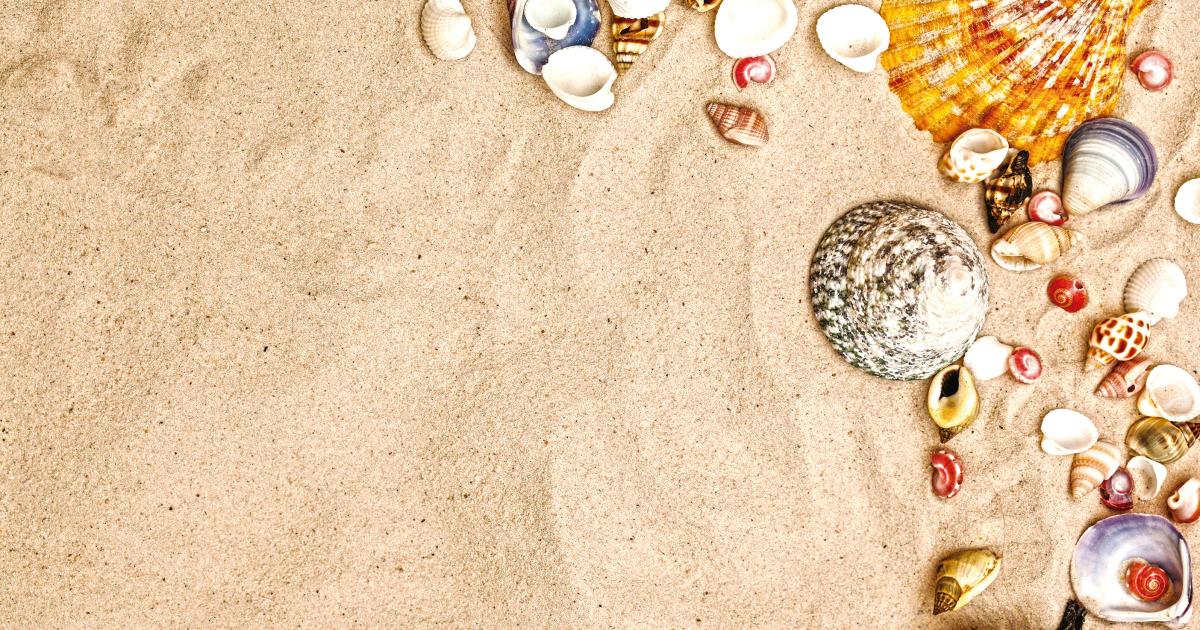
Can you find shells on the beach in Spain?
Spain, with its beautiful coastlines stretching over 5,000 kilometers, is a true paradise for beach lovers. Many people, spending time on Spanish beaches, enjoy collecting shells as souvenirs. Whether this is legal and what types of shells can be found you will learn in this article.
The Spanish coast offers a wealth of diverse shells that can be found on the beaches. Here are some of the most popular ones:
- Heart Shells (Cardiidae): They are characterized by their distinctive heart shape and are quite common on Spanish beaches.
- Porcelain shells (Cypraeidae): These smooth, shiny shells are often found on the coasts, especially in the Mediterranean regions.
- Shells of sea snails (Gastropoda): They come in a variety of shapes and sizes, from small and spiral to larger, more massive shells.
- Mussel shells (Bivalvia): These are two-part shells that can be found on Atlantic and Mediterranean beaches.
- Sea urchin shells (Echinoidea): Round and often spiny, these shells are also common, especially on Mediterranean beaches.
Shell collecting on beaches in Spain is regulated by law to protect marine ecosystems. Here are some key rules you should know:
- In some areas, especially in national parks and nature reserves, collecting shells is strictly prohibited. Such areas aim to protect local flora and fauna, including shells, which are part of the ecosystem.
- Different regions may have their own regulations for collecting shells. For example, the Balearic and Canary Islands have stricter regulations on shell collection to protect local biodiversity.
- Generally, collecting small quantities of shells as souvenirs is acceptable, but taking large quantities or particularly rare species may be illegal. It is important to always make sure you are not violating local laws.
Shells play an important role in marine ecosystems. They are home to many organisms, such as hermit crabs and small fish. In addition, decaying shells provide nutrients for other forms of marine life.
For this reason, indiscriminate collection of shells can have a negative impact on local ecosystems.
Before you start collecting shells, it's a good idea to familiarize yourself with the regulations of your particular beach, so that you don't violate the law and protect valuable marine ecosystems. This way, you can enjoy the beauty of the shells while taking care of the environment.







